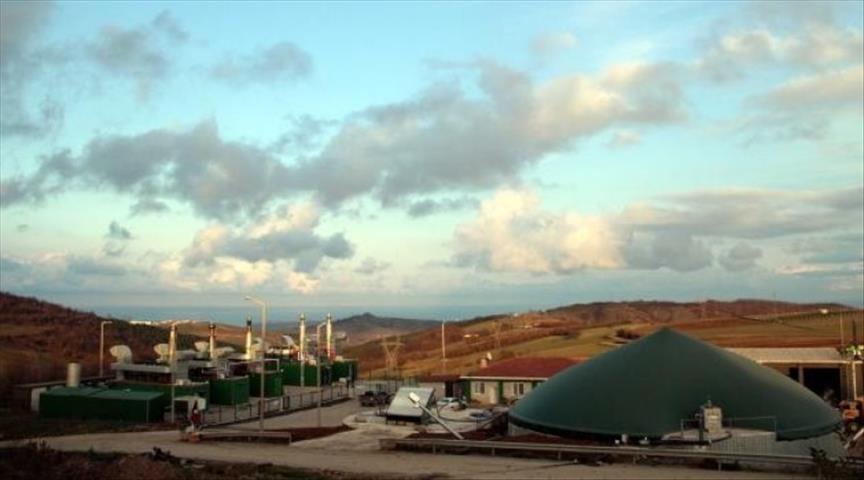Bioenergy, as a flexible and competitive source of renewable energy, can play a key role in decarbonizing energy systems through its use in the electricity, buildings and transport sectors, the International Energy Agency (IEA) said on Monday.
"The complex and multi-faceted supply chains of bioenergy projects call for sound policies and well-thought-out regulatory frameworks," according to a joint review by the IEA and the Food and Agriculture Organization of the United Nations (FAO).
Accordingly, IEA and FAO jointly outlined steps that are necessary to create a strategy plan to increase the use of bioenergy.
The first phase in creating a strategy plan involves conducting baseline research, assessing the biomass resource potential, assessing sustainability and identifying stakeholders, IEA said.
Once initial preparations are concluded, the second phase should include a clear statement of the desired outcome for bioenergy deployment accompanied by a specific course of action to reach it.
After this vision is confirmed, the third phase will begin with the preparation and review of the draft roadmap document itself, IEA said.
"The content of the roadmap is usually discussed and determined through a number of expert workshops aimed at identifying existing barriers to bioenergy deployment within the country or region and possible actions that decision makers could undertake to overcome these obstacles," IEA said.
The final phase includes monitoring the roadmap’s impact and determining whether and how it may require revision.
By Zeynep Beyza Kilic
Anadolu Agency
zeynep.karabay@aa.com.tr


